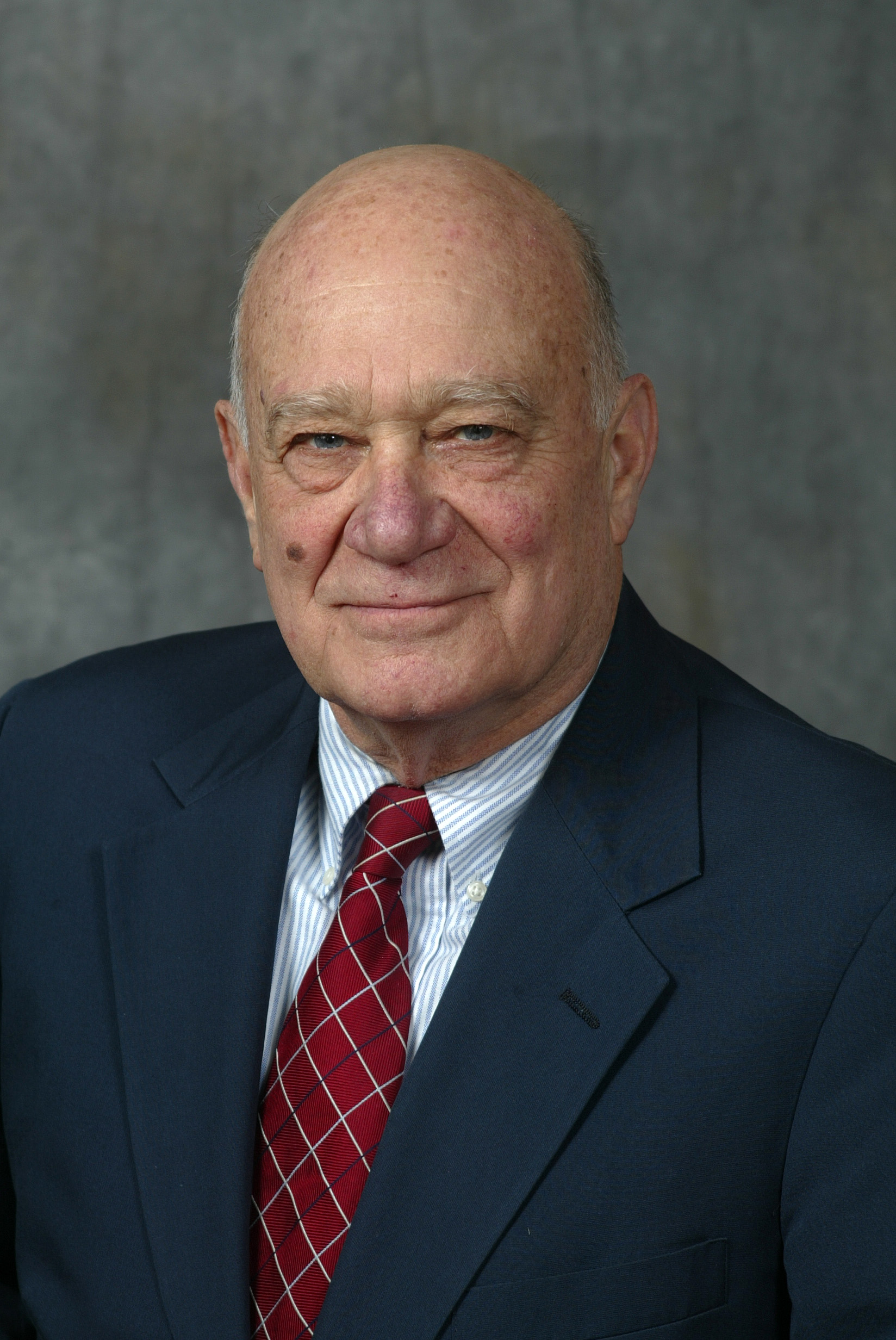Two stimulating developments sparked my thinking about the start of September 2019. The first involved a visit to our campus by Bill Wachtel who grew up in Great Neck and Roslyn Heights.
I had not seen Bill for nearly three years. I knew his father, Harry, very well, particularly in terms of his deep friendship and partnership with Dr. Martin Luther King, Jr. (Harry was one of two white folks who served on Dr. King’s SCLC Advisory Board, and he organized the 1964 Nobel Prize trip for Dr. King).
Our provost and senior vice-president at Hofstra, Herman Berliner (a long-time North Hempstead resident), invited Bill to lunch to meet the remarkable Professor Margaret Abraham, who has been selected to hold the endowed chair, “The Harry H. Wachtel Distinguished Teaching Professor for the Study of Nonviolent Social Change.”
During the span of nearly a two-hour discourse, Bill raised many questions about Hofstra students and the university’s role in society. In a humorous aside, he said, “I hope you excuse my cross-examination style; it comes from being a lawyer at trials.”
Far from any negative concerns, Herman, Margaret, and I relished the depth and range of his suggestions, including his emphasis on voter registration for Hofstra students – a project to which the Hofstra Center for Civic Engagement has been keenly attentive – and appreciated his offers to work collaboratively with Hofstra’s new Wachtel Professor. (Among Bill’s many accomplishments has been re-establishing the Drum Major Institute, originally founded by his dad and Dr. King in the 1960s.)
Particularly relevant among Bill’s ideas for my new September beginnings was his question about who today’s students consider to be history’s heroes. I will elaborate on this matter near the end of this column.
My second major stimulus for this September’s new beginning was the selection of a recent book for the course I am team-teaching with colleagues Linda Longmire and Martin Melkonian.
Our offering of Introduction to Peace and Conflict Studies (the core subject for Hofstra’s new minor in Peace and Conflict Studies) begins Sept. 4.
When these kinds of developments can fuel enthusiasm for a person in his mid-eighties, the prospects should be decent for civic engagement of youth and colleagues. For many people, the start of January prompts considerations for personal betterment.
However, Septembers at universities and schools, are opportunities to connect the personal with the political and the social. We can strive to improve ourselves as we apply our new beginnings to constructive civic engagement.
Peace Studies author David P. Barash cites a Hebrew rabbinic saying, “It is not incumbent upon you to complete the work, but neither are you at liberty to desist from it.”
We at Hofstra join Barash in making a distinction between “negative peace” (an absence of war) and “positive peace” (fostering societies of inclusion, liberty, opportunity, civility, and justice).
We also endorse Barash’s view that Peace studies are “similar to medical science, which freely admits to a preference for health over disease (Think of it as offering a kind of ‘planetary medicine).’”
At a time of so-called populist nationalism, will more students (more humans of all ages) recognize, as Dr. King repeatedly emphasized, that all of our lives are interconnected, regardless of where we reside?
Knowledge is power. As the late Harry Chapin (Long Islander friend of King and Wachtel, folk singer, and Hofstra trustee) advised: “To know is to care; to care is to act; to act is to have a chance to make a difference.”
Those of us who are privileged to be teachers have a responsibility – indeed, a calling – to help awaken and expand the minds of students. How that is done is vitally important. As William Butler Yeats said, “Education is not the filling of a pail, but the lighting of a fire.”
Fostering teacher-student relationships of encouragement and support requires more than the adult serving as a “sage on the stage.” The best ways forward – in a classroom and in a democracy – are interactive, with lots of questions and the trying out of ideas.
Decades ago, Jacob Bronowski had an acclaimed book and TV series called “The Ascent of Man.” (Today, Bronowski would, no doubt, substitute “people” for that final word; he had optimistic views on the potential of everyone for change and progress).
When I read Bronowski years ago, I was particularly impressed by his confidence that young people could play a special role in leading new directions. Because they were less socialized into rigid belief systems, Bronowski believed they were more capable of raising fresh questions and offering considerations for new directions.
On my first class, Sept. 4, I will do a survey among students of whom they consider to be history’s heroes. Lots of queries will follow that tabulation, as Bill Wachtel advised, and I will give you a report of that survey and ensuing discussion in my next column.



